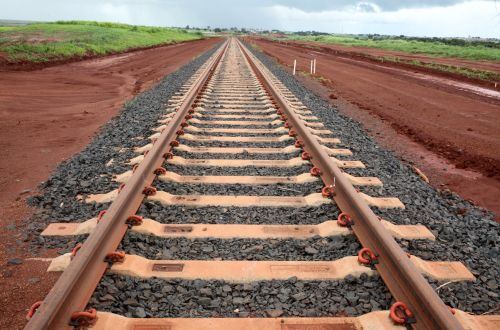By amending the technical requirements, the government hopes to reduce the overall cost of the project from Reais 12.7bn ($US 3.6bn) to about Reais 10bn.
The government intends to send the draft notice for the project to the National Accounts Tribunal (TCU) later this month.
Private companies interested in participating in the project have expressed concerns over the cost of delivering Ferrogrão.
The line will link Sinop in Mato Groso state with Itaituba in Pará, following the route of highway BR-163, currently Brazil’s main artery for export grain.
According to Mr Tarcisio Gomes de Freitas, secretary of project coordination for the Investment Partnerships Program (PPI), the government is altering technical items in the bidding document, such as reducing the weight of rails.
To the project more attractive, the government is also in talks with Brazil’s National Bank for Economic and Social Development (BNDES) regarding the possibility of increasing its share of financing from 70% to 80%.
Because of the need to complete the environmental licensing process, work is unlikely to begin before the middle of 2020, but the government expects the construction to be within five years.

